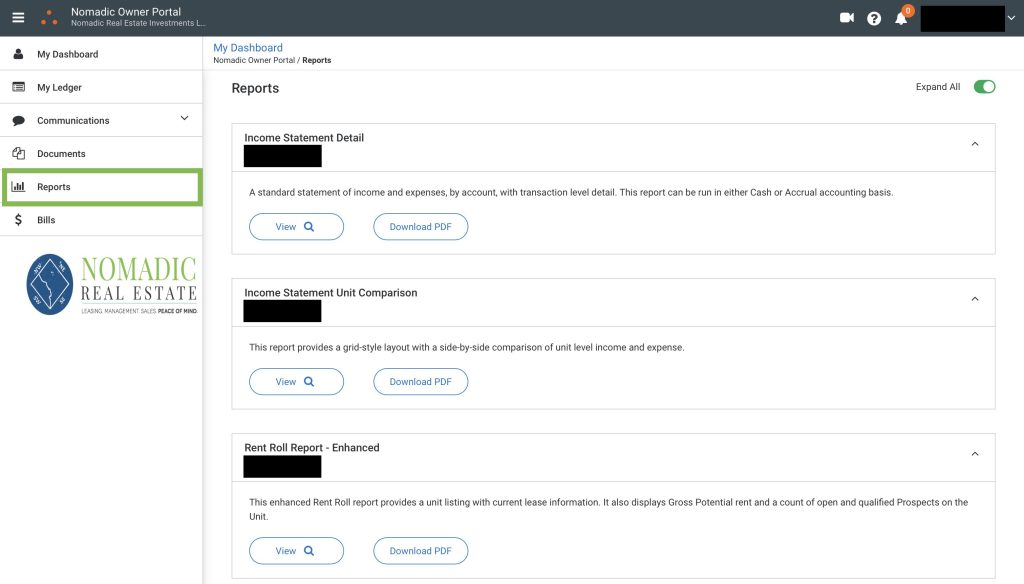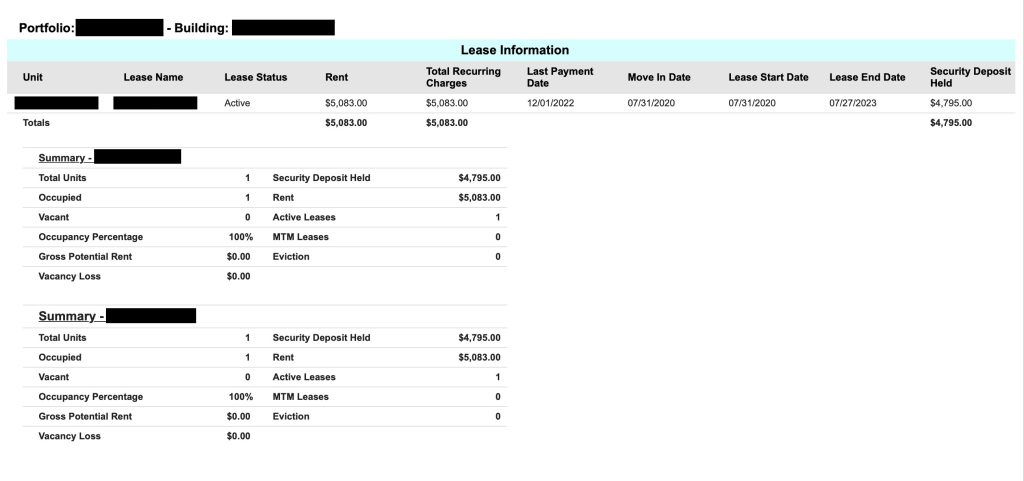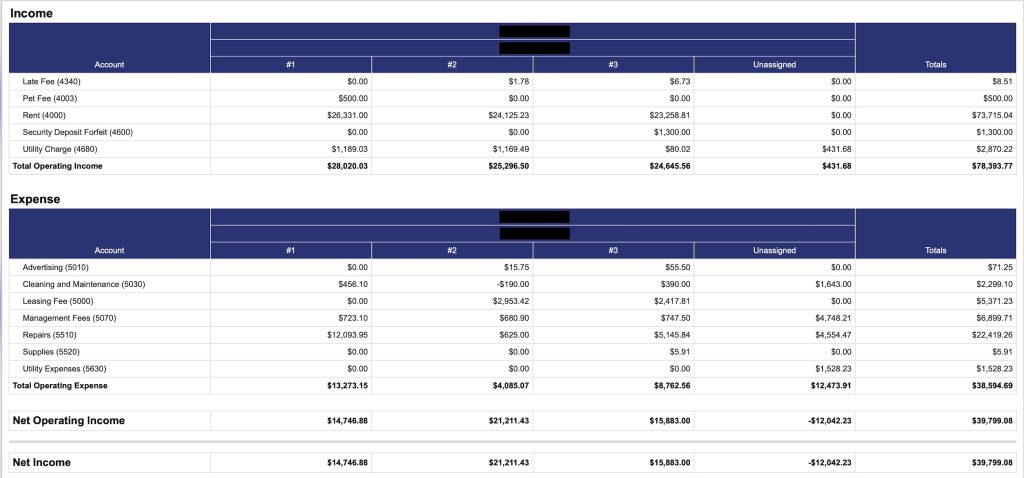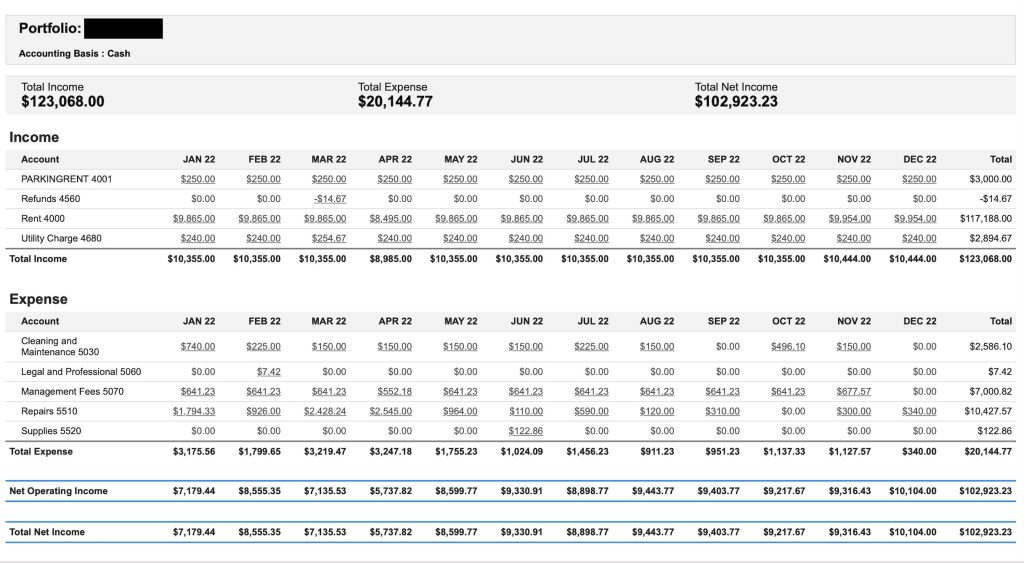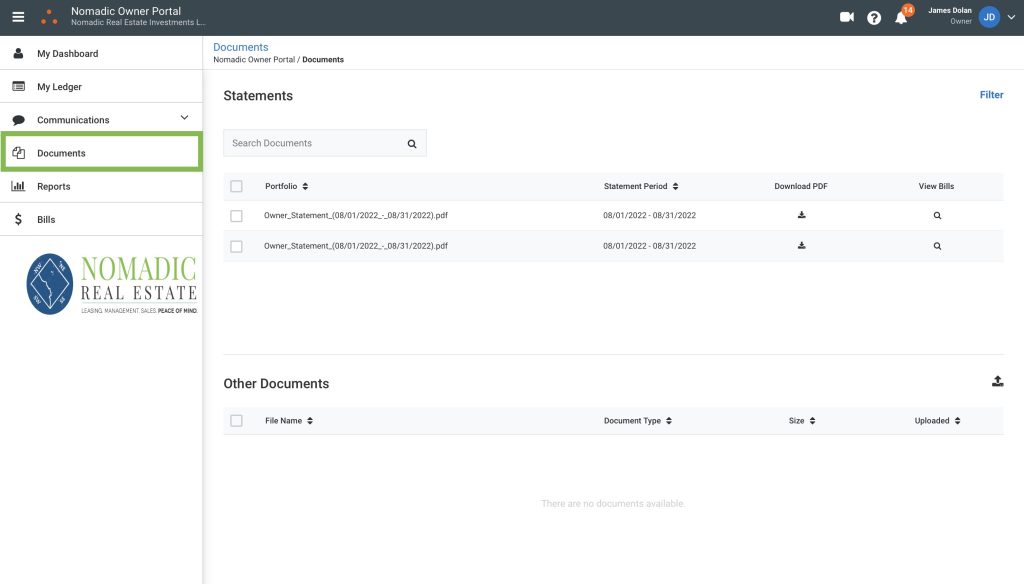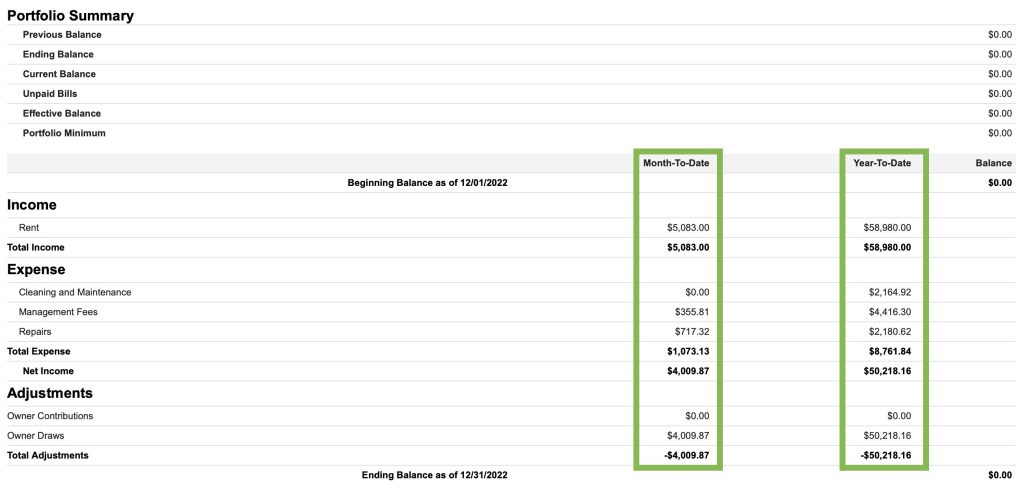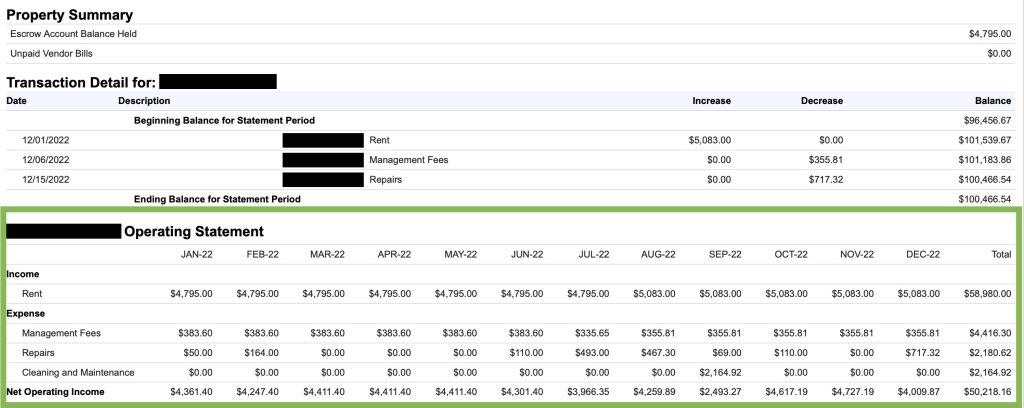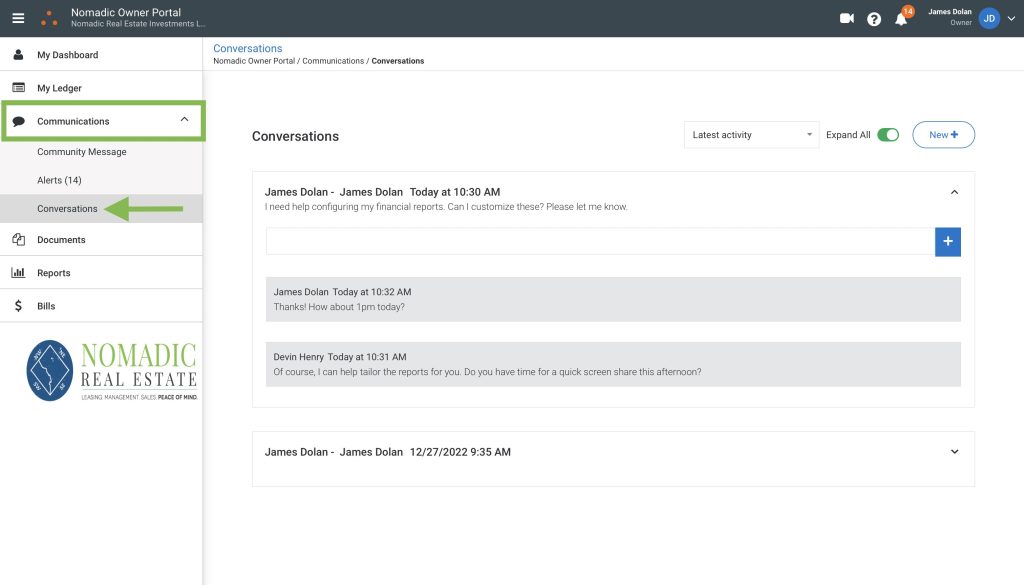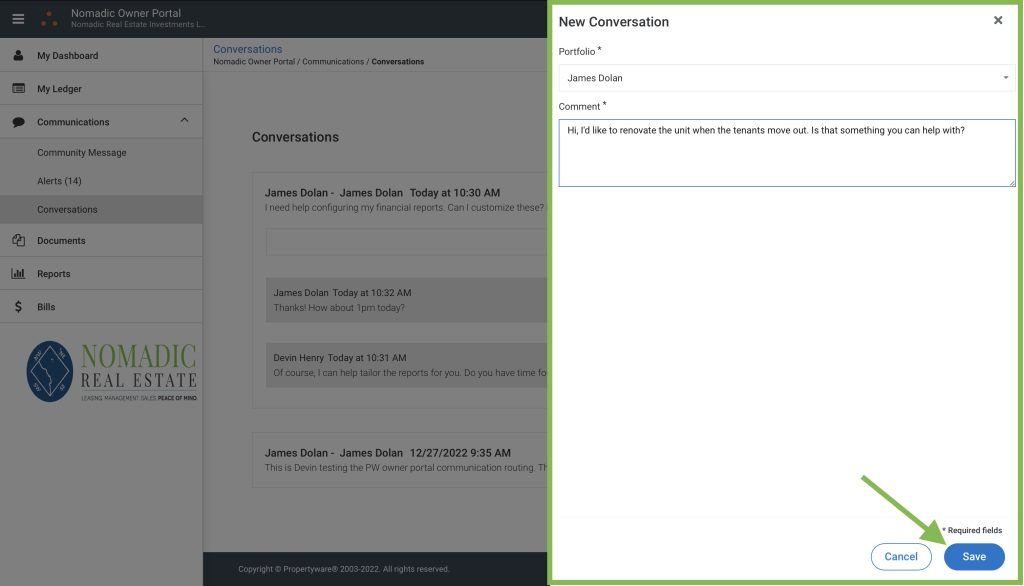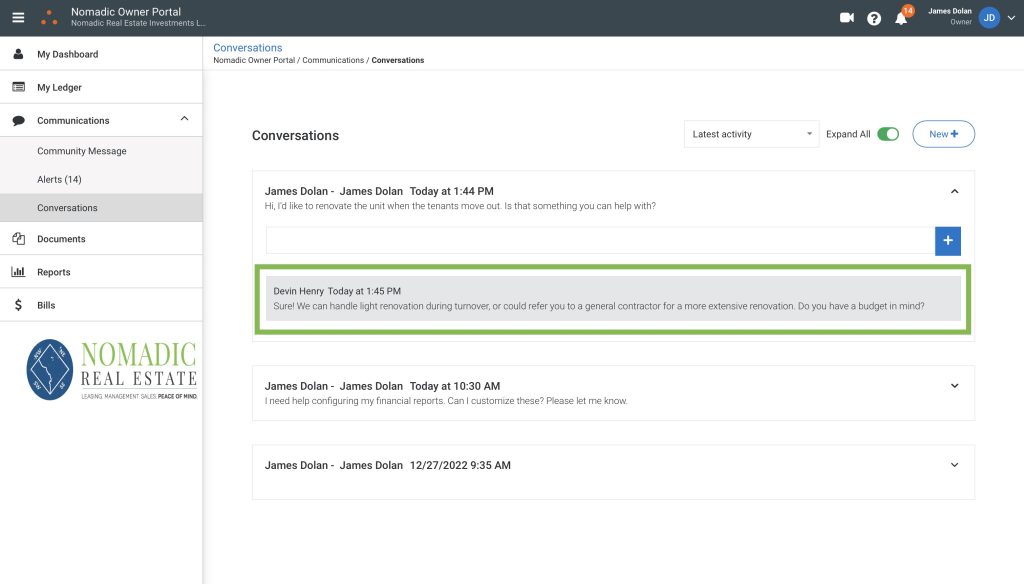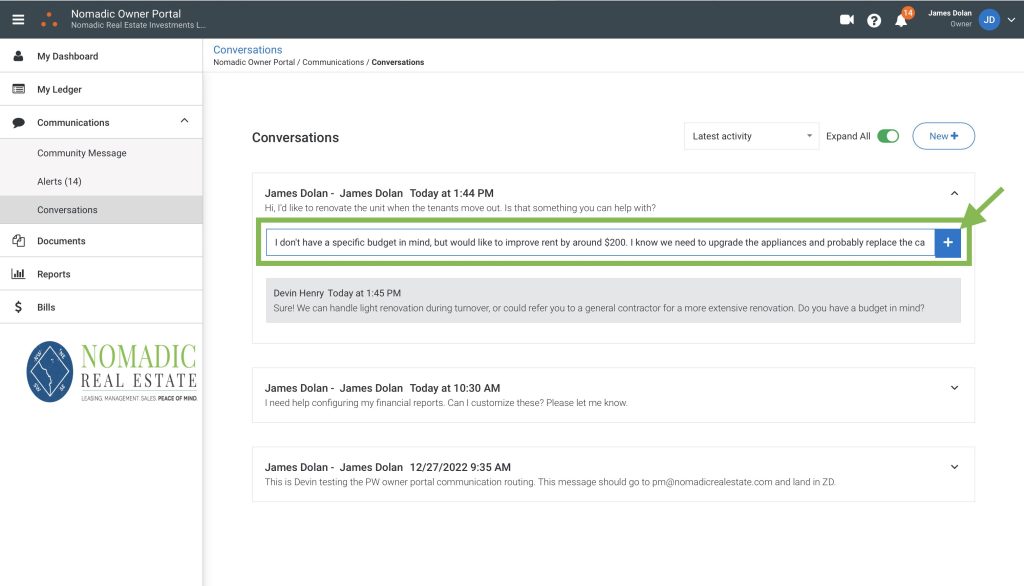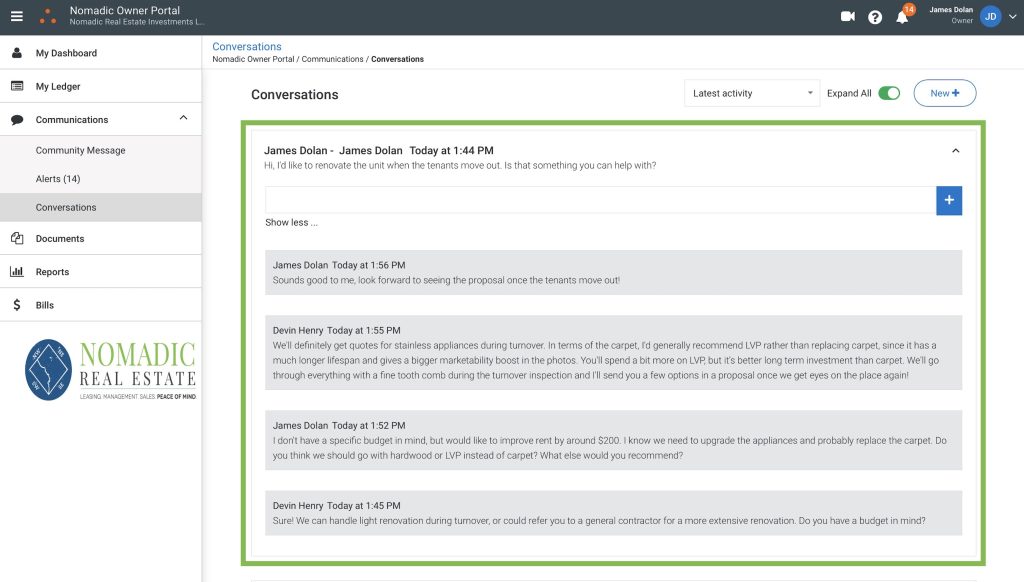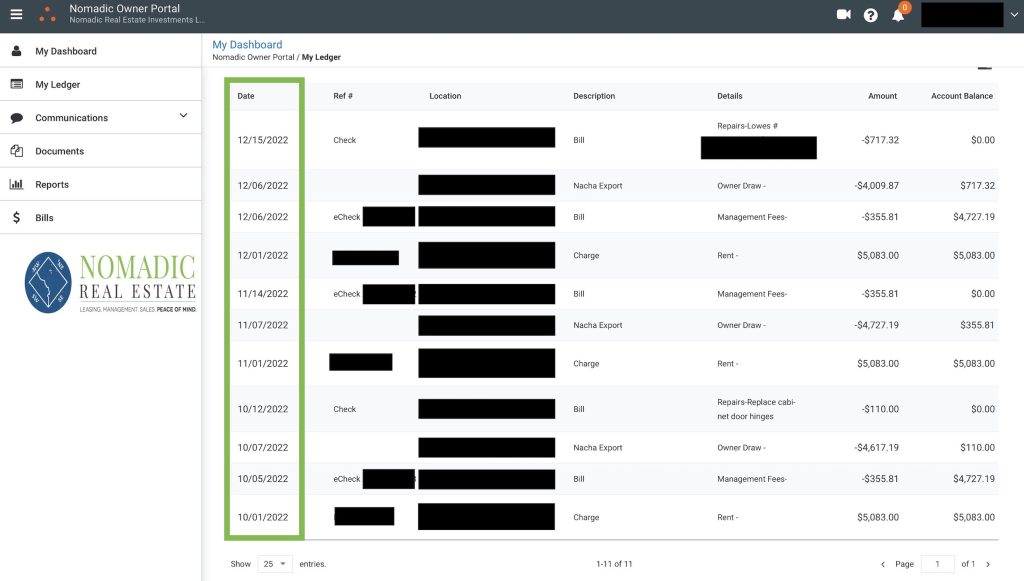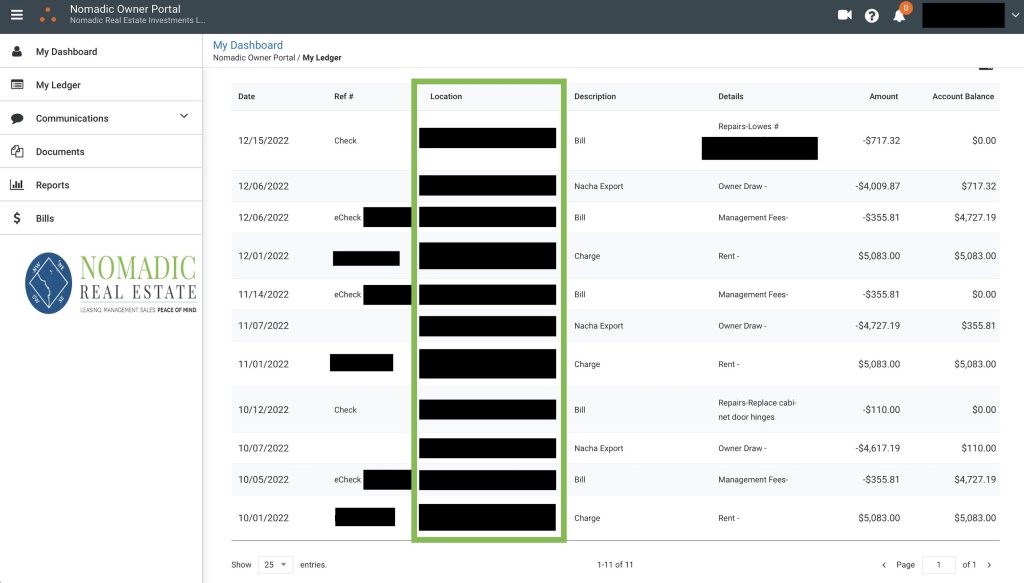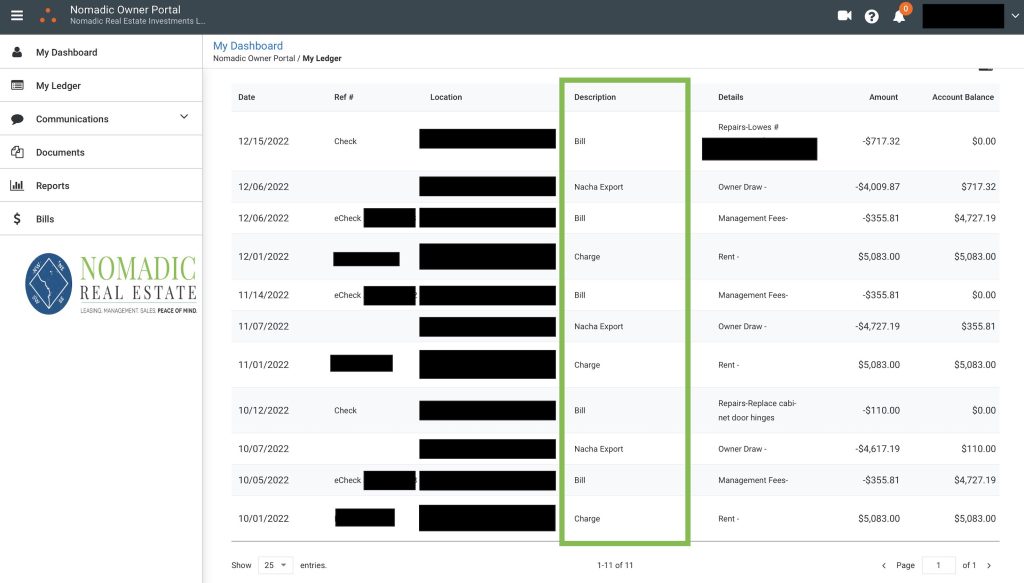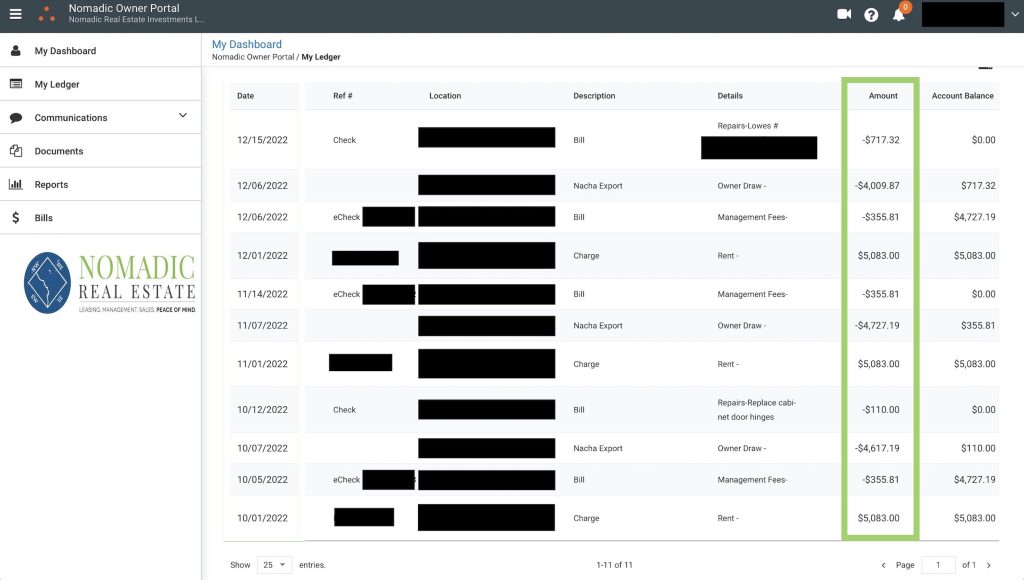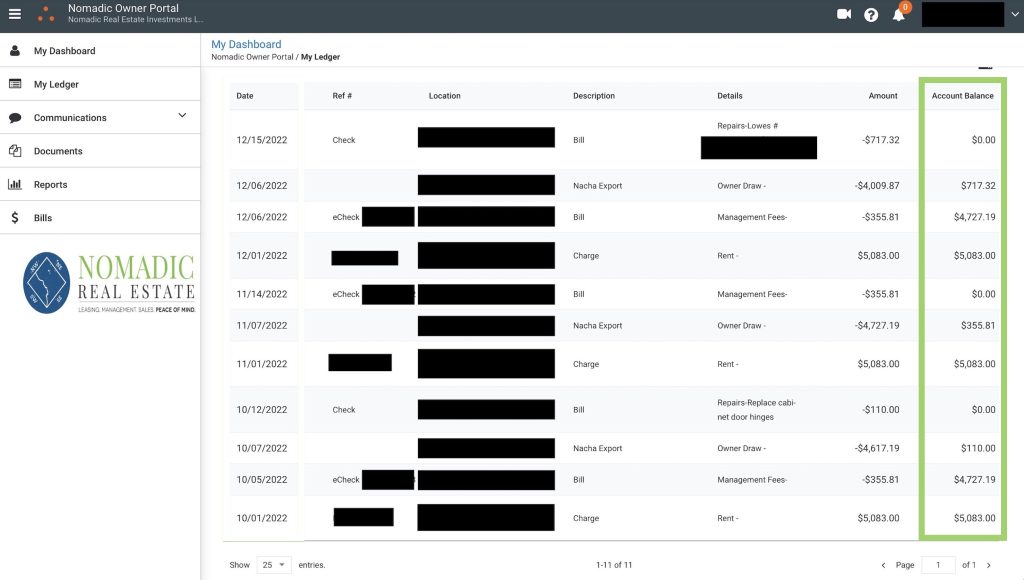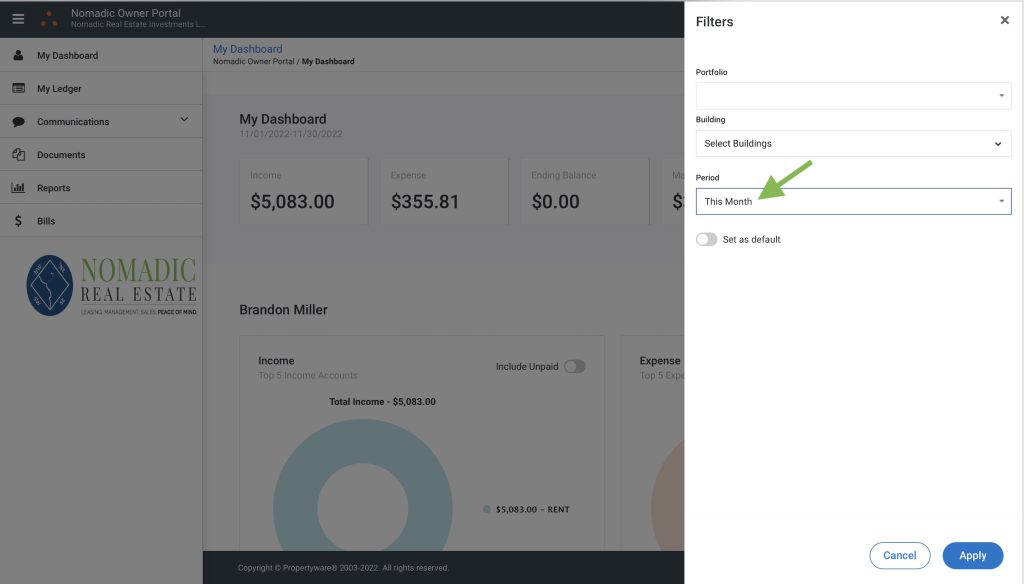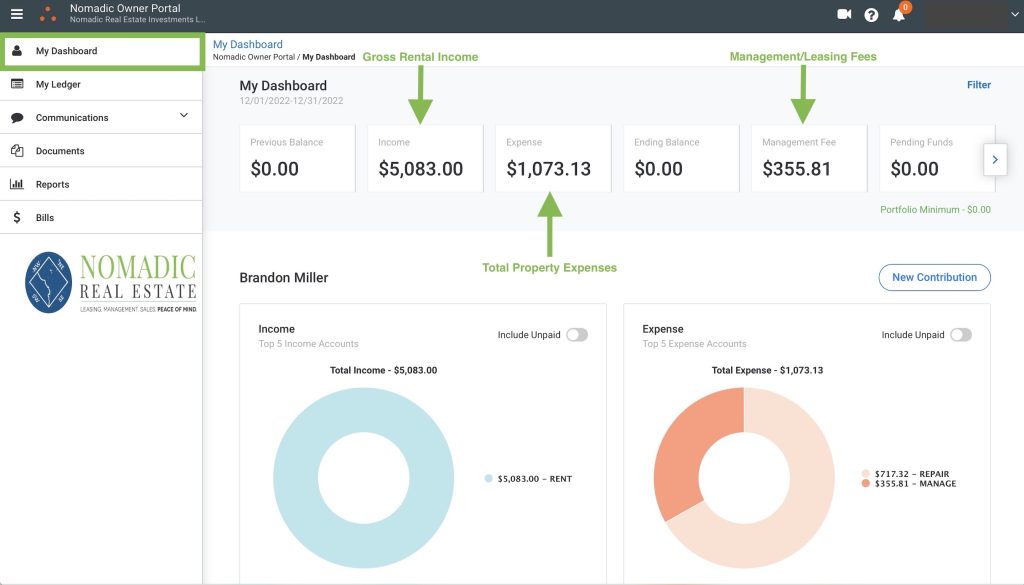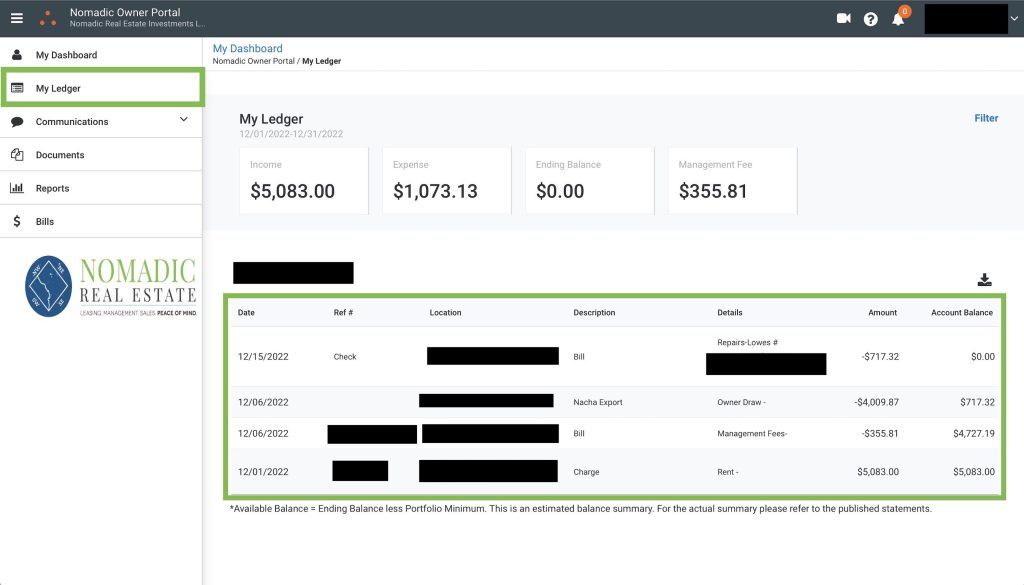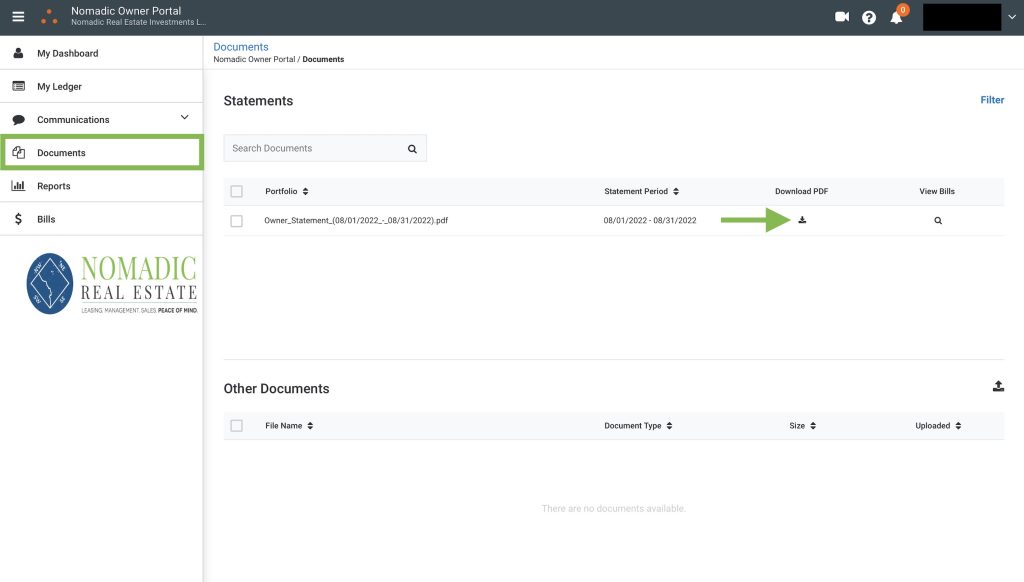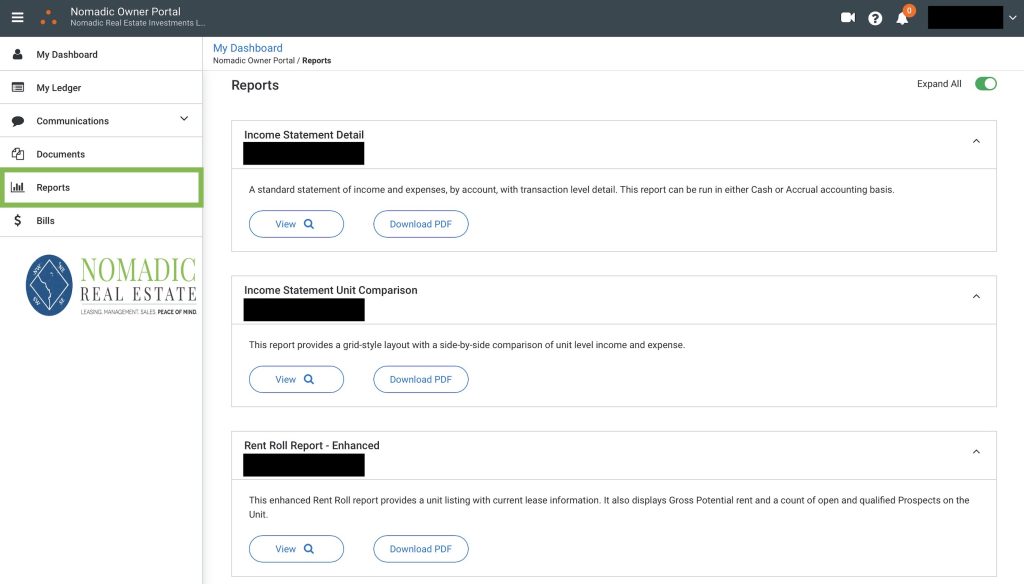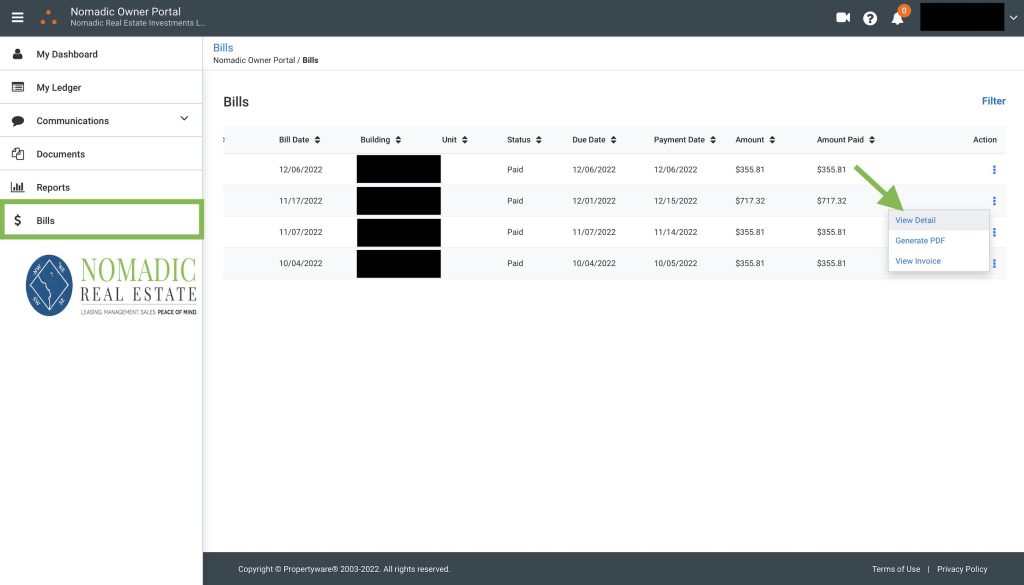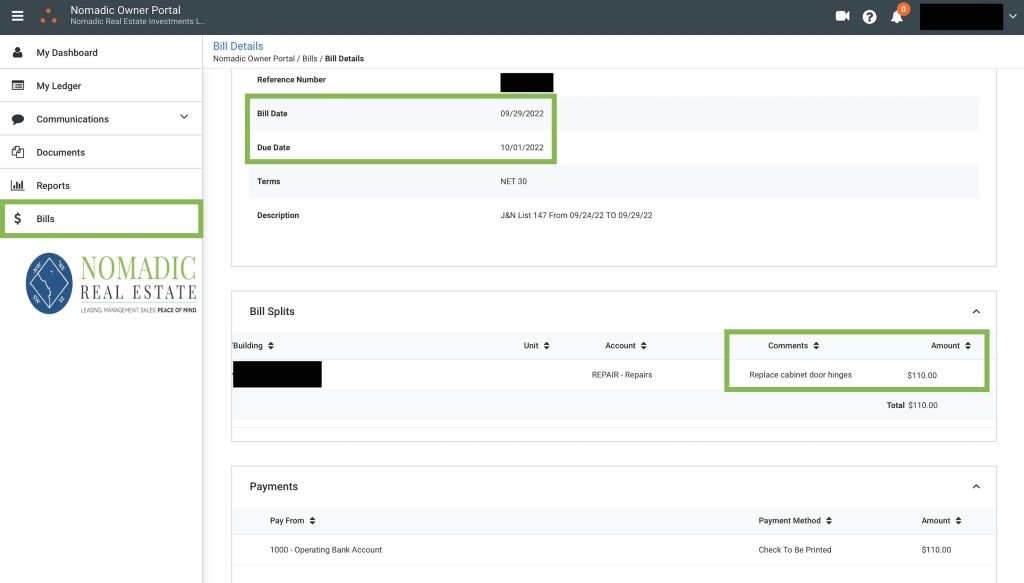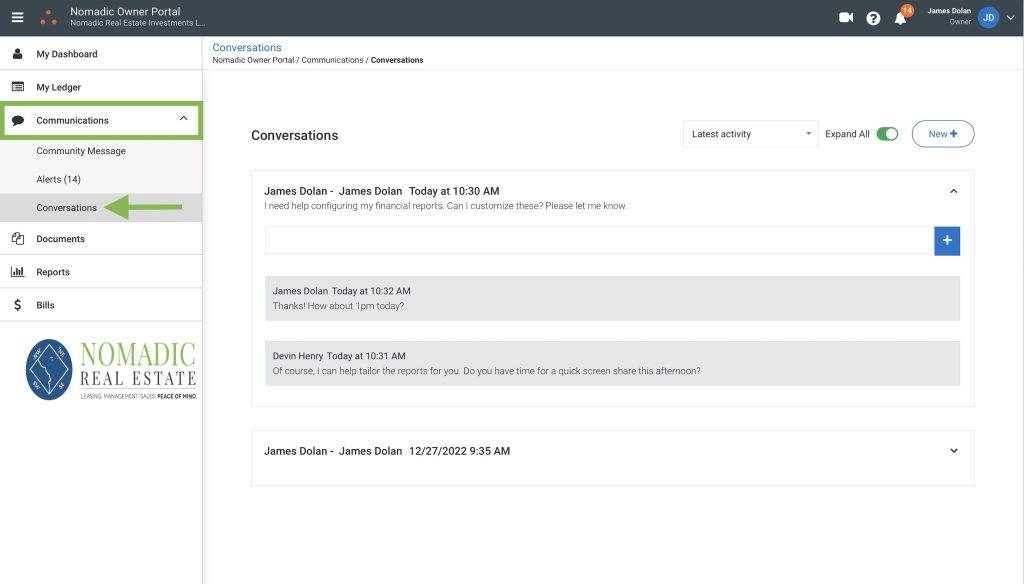The right valuation of your property is critical at all stages of ownership, from the first day you walk through it to the day you finally sell it. A home appraisal can determine the purchase price you will pay, the value of the home as you rent it out, what you will pay if you refinance your mortgage, and more. That fact can be frustrating, especially if it turns out at some point that your property is appraised for less than you expect.
Is your home appraisal lower than anticipated? Are you, as a buyer, struggling to determine whether the value of a home is higher than it seems or finding it difficult to secure a mortgage loan? Do you want to rent out your property, but have a low appraisal value that is preventing you from achieving your goals?
Whether you’re buying a home or getting ready to sell, the following guide will provide easy-to-follow strategies to deal with a low appraisal.
Why Low Appraisals Happen
Low appraisals occur when the home appraiser sets the value of your home lower than you anticipated. Sometimes, that may happen due to good reason: falling real estate value in your area, for example, or additions to your home that did not cause the rise in value you originally anticipated. In other cases, however, low appraisals may happen for other reasons. You may end up with a low home appraisal because:
- Market value in your area has declined
- The seller overpriced the home in the first place
- There are multiple foreclosures or short sales taking place in your neighborhood or nearby
- The appraiser made an error, either due to failure to understand the area or due to missing information
Low appraisals can have a huge impact on you as the buyer or homeowner. For example, a low appraisal can affect the refinance on a mortgage, especially if the appraised property is a rental. They may also impact the property’s perceived value if you’re getting ready to sell, or make it hard for you to sell your home.

5 Tips for How to Fix a Low Home Appraisal
Fortunately, you aren’t necessarily stuck with a low home appraisal. Whether you’re planning to buy, rent, refinance, or sell, there are several strategies you can use to manage a low home appraisal.
1. Get a second opinion.
Sometimes, you will end up with a low home appraisal from a home appraiser who simply doesn’t understand the local market or who doesn’t have a great deal of experience yet. The appraiser may, for example, forget to look at pending offers on a home, or to consider local real estate prices. In another area of the country or even another area of your city, your property might be worth less. A second opinion can help set things right. You should expect to pay a second appraisal fee for a second appraisal.
2. If you own the property, make needed repairs.
Ideally, if you own the property, you should make needed or obvious repairs before the home appraiser comes out to take a look at your home. There are some factors of your home’s value, including the square footage and the neighborhood, that are out of your control. Taking care of repairs and upgrades before the appraisal, however, is one thing you can control.
3. Contest the appraisal.
Sometimes, you may not need a second opinion. Bring the original appraiser back and have them take a second look over the property. Let them know about any elements of the home’s appraisal that you feel were incorrect. You may want to point out features the appraiser may not have noticed or ask the appraiser to take a second look at the neighborhood.
4. Have your real estate agent work contact other local listing agents regarding pending sales.
If you’re getting ready to purchase or sell a home and it comes back with a low appraisal, you may need to take a harder look at what other properties are going for in the area. If you received a low appraisal of the home you’re trying to sell, but comparable homes in the area with similar features and square footage are going for much higher rates, someone may want to buy the property for your asking price–even if the appraised value is lower than that price. On the other hand, if property values in the area are lower than anticipated, it might be a good idea to decrease the price of the home.
5. Prepare to pay cash for the amount above the appraisal value.
If you’re planning to purchase a property for more than the appraisal, you may need to prepare to pay cash for any amount over the appraisal value. Keep in mind that it may take more time to build your home equity if the appraisal value is significantly lower than the asking price, and make sure you’re able to receive a home equity loan for the needed amount after adjusting your down payment.
If you have questions or concerns about a low home appraisal, your best best is to speak with a real estate professional to learn more about the process and get the answers you need. That expert partner will also be able to provide additional guidance.
Common Mistakes Homeowners Make
While there are some strategies you can use to deal with an unexpectedly low home appraisal, it may also help to manage the appraisal correctly from the beginning. Do you have an appraisal scheduled? Avoid these errors.
Failing to review the appraisal for errors
If the appraiser makes errors in determining the value of your home, it can have a substantial impact on its overall value, on your mortgage, and even on your ability to rent out the property. Always check the appraisal for any obvious errors.
Missing permits for work done on your property
Keep in mind that any time you make upgrades to your property, you will need to have a permit. Failure to use one can impact your home’s value later.
Choosing an appraiser who does not know the area
You may try to save a little money on the home appraisal by using an expensive appraiser, but it may end up costing you more if the home appraiser does not know the local area.
Failing to be present at the home inspection
You know things about your home that the appraiser may not. Being present will give you a chance to point out the best elements of your home.
Not taking the right steps in dealing with a home appraisal can leave you unable to get a mortgage loan or struggling to set the right land value. Fortunately, an effective property appraisal can help you set the right listing price or make it easier for you to sell or buy a house.Do you have questions about home appraisals? Contact Nomadic Real Estate today to speak with an expert about any home appraisal questions you might have.










